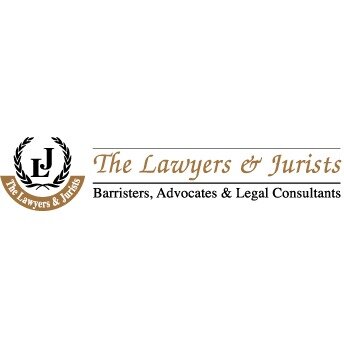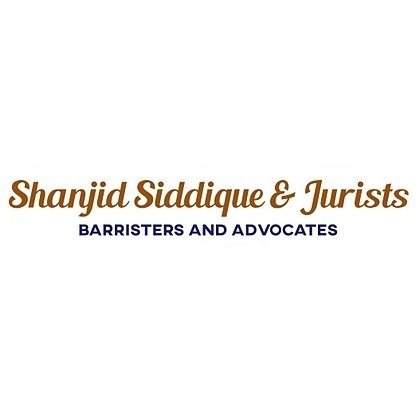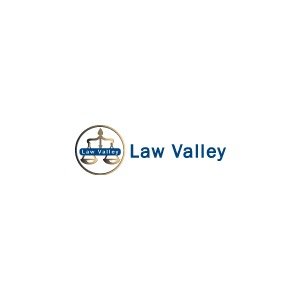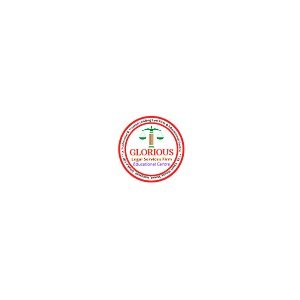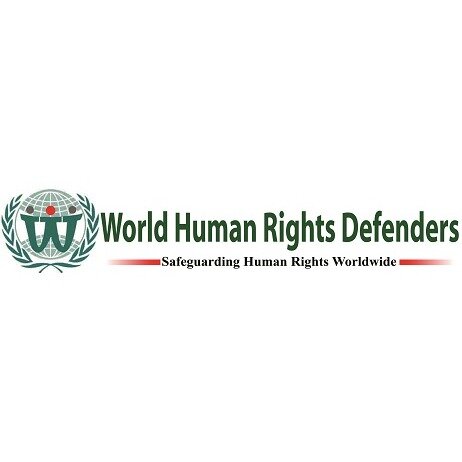Best Native People Lawyers in Bangladesh
Share your needs with us, get contacted by law firms.
Free. Takes 2 min.
Or refine your search by selecting a city:
List of the best lawyers in Bangladesh
About Native People Law in Bangladesh
Native people in Bangladesh, often referred to as indigenous communities or adivasis, comprise several ethnic groups with distinct languages, cultures, and traditions. They are primarily concentrated in the Chittagong Hill Tracts, Sylhet Division, and parts of North Bengal. While the Constitution of Bangladesh recognizes the rights of all citizens, indigenous peoples often face challenges related to land rights, cultural preservation, and political representation. Native people's law in Bangladesh revolves around protecting these communities' distinct way of life while ensuring their socio-economic development.
Why You May Need a Lawyer
There are various situations where indigenous people in Bangladesh may require legal assistance, including:
- Land Disputes: Cases involving ownership, use, or transfer of traditional lands can be complex and may require legal intervention.
- Human Rights Violations: Cases of discrimination, violence, or forced evictions might need legal remedies to ensure justice.
- Cultural Rights: Protecting cultural heritage and ensuring representation in educational and governmental affairs may require legal backing.
- Government Policies: Legal help may be necessary to navigate policies or advocacy related to policy change that affects indigenous communities.
Local Laws Overview
The legal framework affecting indigenous peoples in Bangladesh includes several critical aspects:
- The Chittagong Hill Tracts Accord of 1997: A significant agreement aiming to end conflict in the region and provide autonomy, including land rights and recognition of indigenous governance systems.
- Constitutional Provisions: Articles of the Bangladesh Constitution offer equality for all citizens, although there is a lack of specific recognition of indigenous peoples.
- Land Laws: These laws, although not specific to indigenous lands, affect tenure and the rights of indigenous communities to own and use their lands.
Frequently Asked Questions
What legal protections do indigenous peoples have in Bangladesh?
Indigenous peoples are protected under general laws that apply to all citizens. The Chittagong Hill Tracts Accord also provides specific autonomy and land rights protections.
Can native people claim traditional land ownership?
While the government does not officially recognize customary land rights, the Chittagong Hill Tracts Accord offers some land rights protections.
How can indigenous people advocate for their rights?
Advocacy can occur through legal channels, participation in local government, and aligning with non-governmental organizations working on indigenous rights.
Are there educational support rights for native children?
Yes, there are government and non-governmental initiatives aimed at providing indigenous children access to education in both their native languages and Bangla.
What role does the government play in indigenous rights?
The government of Bangladesh is responsible for implementing the Chittagong Hill Tracts Accord and protecting the rights enshrined in the Constitution, although enforcement can vary.
Can indigenous communities govern themselves?
In certain areas like the Chittagong Hill Tracts, there are provisions for local government systems that recognize traditional governance to some extent.
How are cultural rights protected?
Cultural preservation is supported by both national and international advocacy efforts, although enforcement of these rights can be inconsistent.
Are there any specific laws addressing violence against indigenous people?
Violence is addressed through national laws protecting all citizens, but additional advocacy and legal support may be needed to ensure enforcement.
What governmental bodies are responsible for indigenous affairs?
The Ministry of Chittagong Hill Tracts Affairs is primarily responsible, along with other local bodies in populated indigenous regions.
How can indigenous land disputes be resolved?
Land disputes can be resolved through legal channels, including litigations, traditional dispute resolution mechanisms, and negotiation as per the provisions of the Chittagong Hill Tracts Accord.
Additional Resources
For those seeking further information or legal aid, consider contacting the following:
- The Ministry of Chittagong Hill Tracts Affairs
- The Chittagong Hill Tracts Regional Council
- Bangladesh Legal Aid and Services Trust (BLAST)
- Indigenous Peoples Organization in Bangladesh
- International Work Group for Indigenous Affairs (IWGIA)
Next Steps
For those needing legal assistance, it is recommended to:
- Contact local legal aid organizations that specialize in indigenous rights for guidance and representation.
- Engage with community leaders and organizations that focus on indigenous advocacy for collective support and advice.
- Consider consultation with legal professionals experienced in indigenous laws and human rights within Bangladesh.
- Keep informed about current policies, laws, and changes that may impact indigenous communities through trusted media and unofficial bulletins.
Lawzana helps you find the best lawyers and law firms in Bangladesh through a curated and pre-screened list of qualified legal professionals. Our platform offers rankings and detailed profiles of attorneys and law firms, allowing you to compare based on practice areas, including Native People, experience, and client feedback.
Each profile includes a description of the firm's areas of practice, client reviews, team members and partners, year of establishment, spoken languages, office locations, contact information, social media presence, and any published articles or resources. Most firms on our platform speak English and are experienced in both local and international legal matters.
Get a quote from top-rated law firms in Bangladesh — quickly, securely, and without unnecessary hassle.
Disclaimer:
The information provided on this page is for general informational purposes only and does not constitute legal advice. While we strive to ensure the accuracy and relevance of the content, legal information may change over time, and interpretations of the law can vary. You should always consult with a qualified legal professional for advice specific to your situation.
We disclaim all liability for actions taken or not taken based on the content of this page. If you believe any information is incorrect or outdated, please contact us, and we will review and update it where appropriate.
Browse native people law firms by city in Bangladesh
Refine your search by selecting a city.




